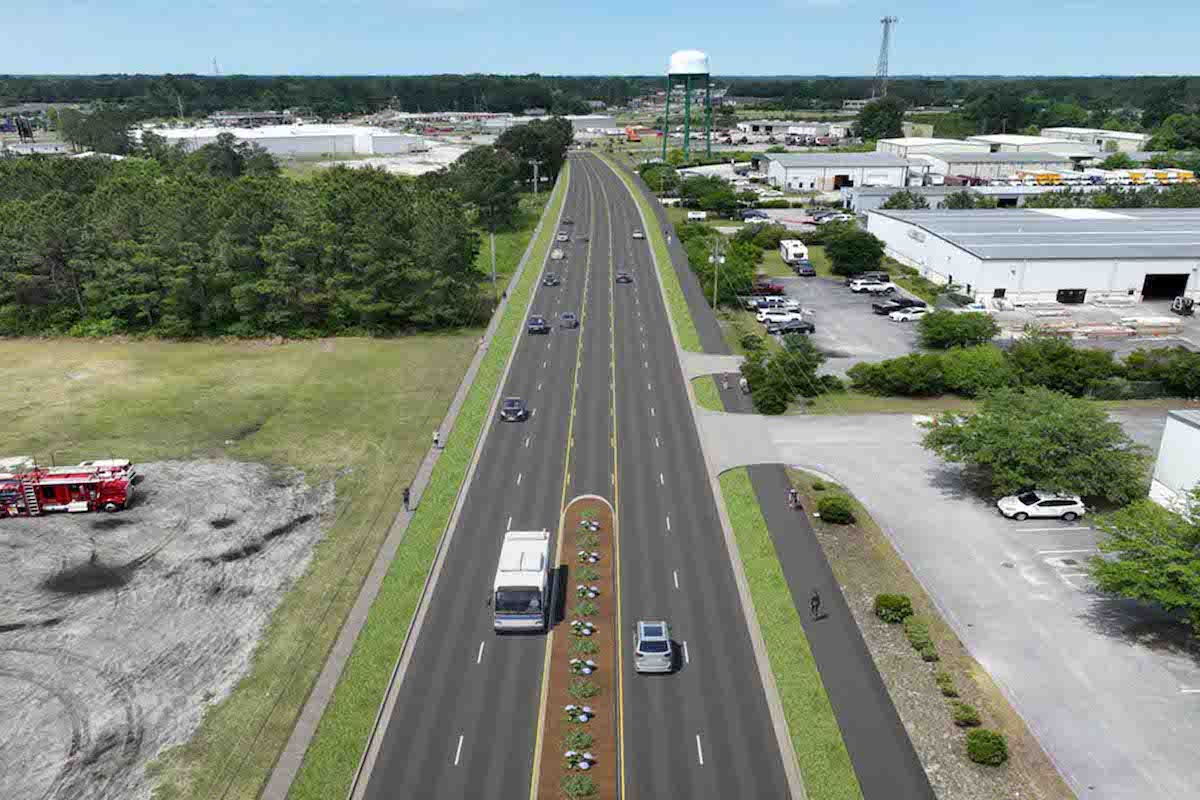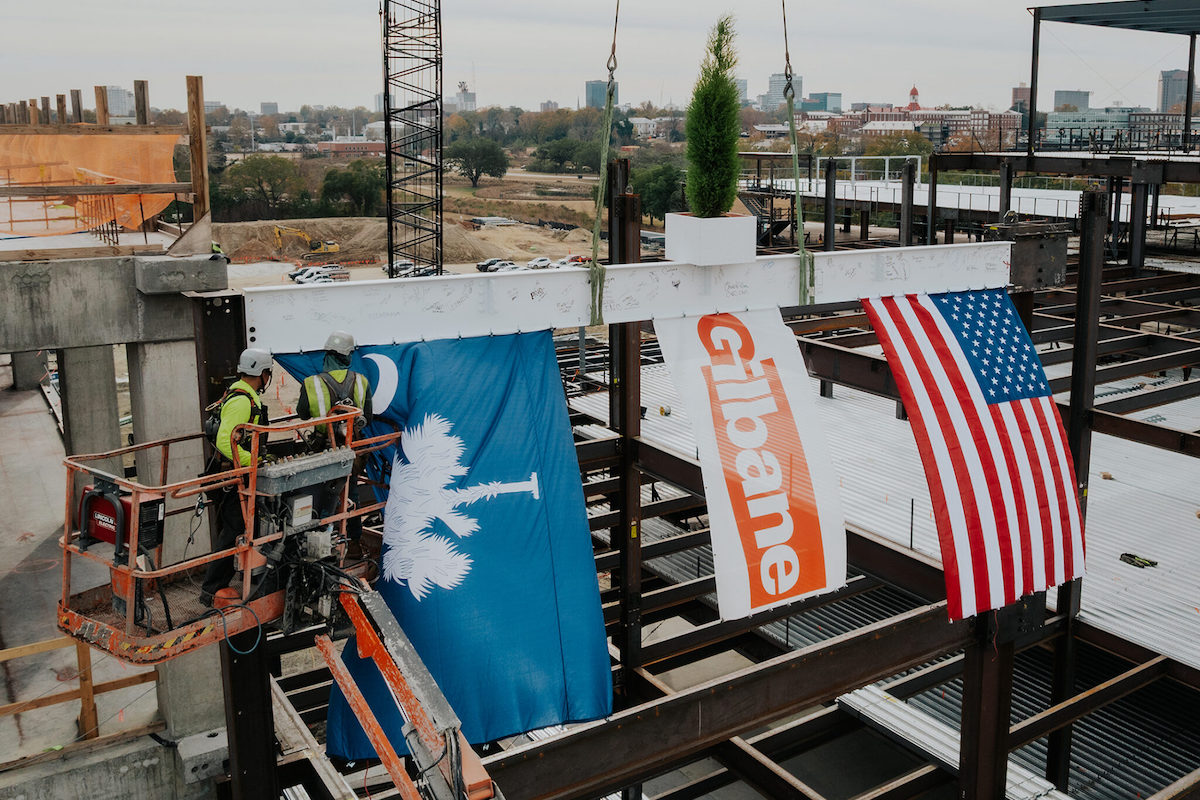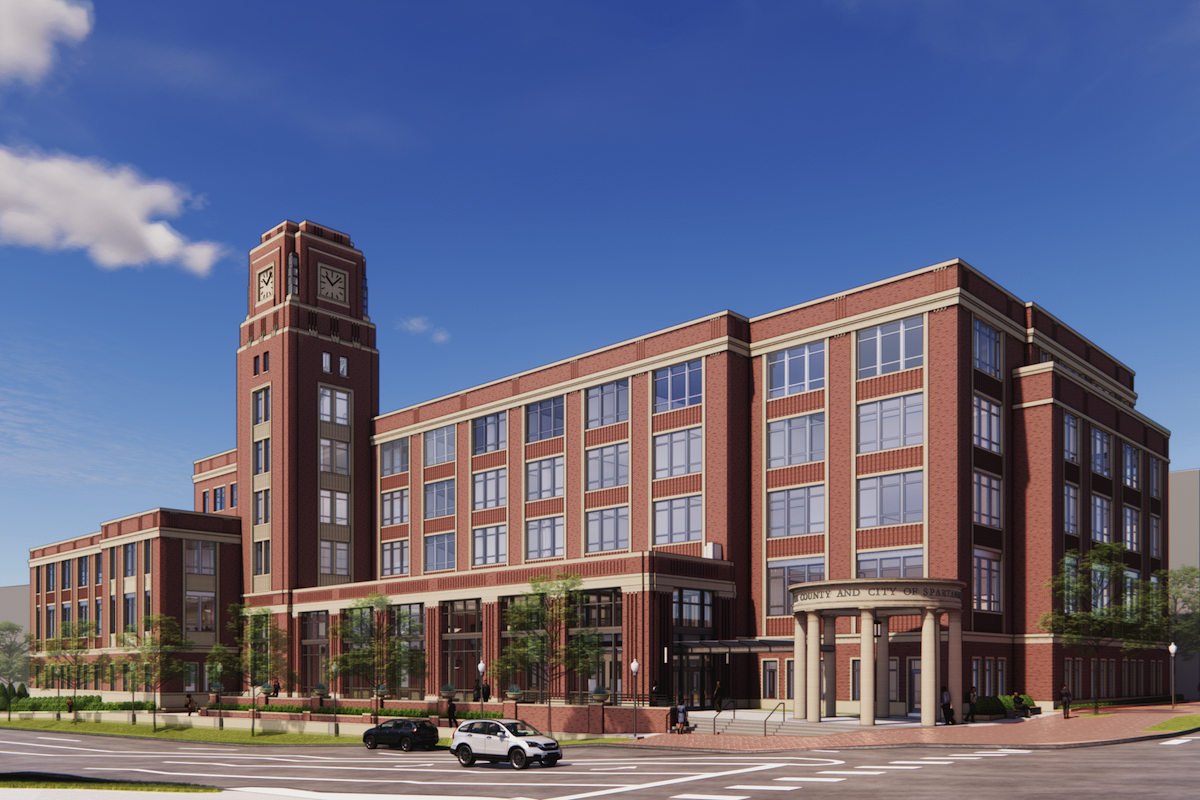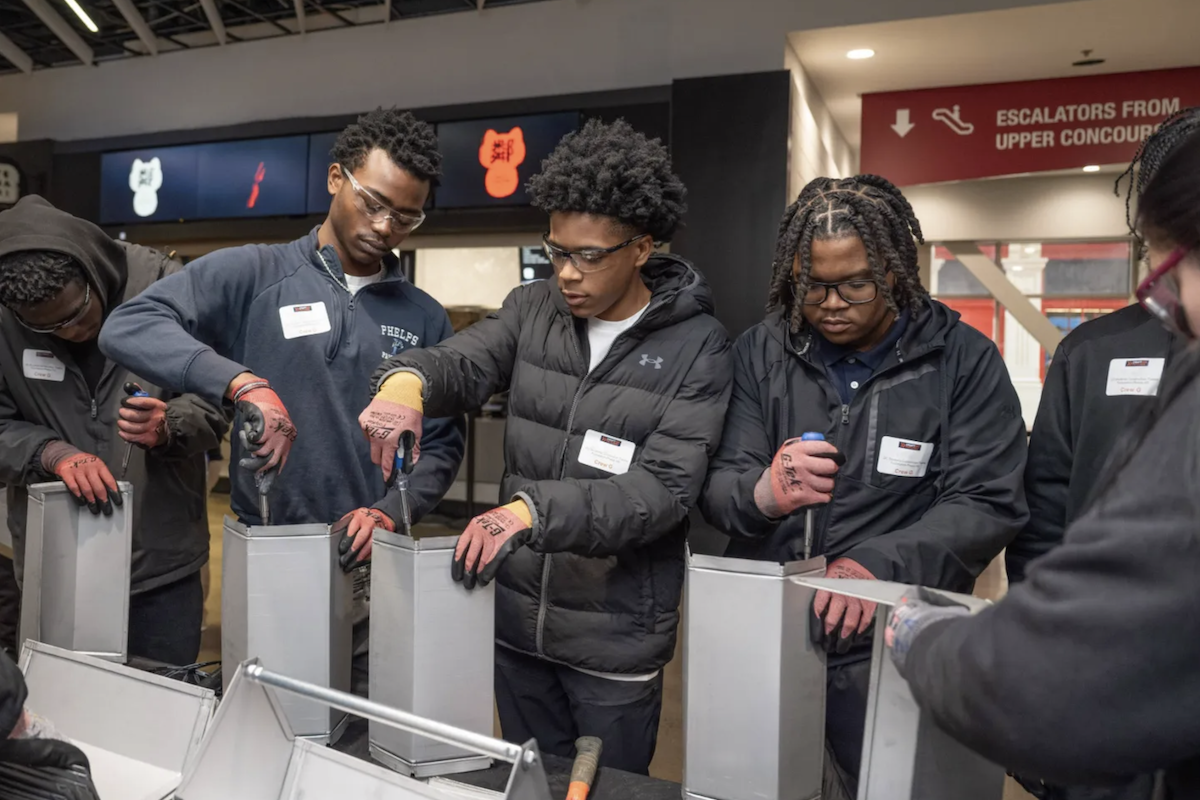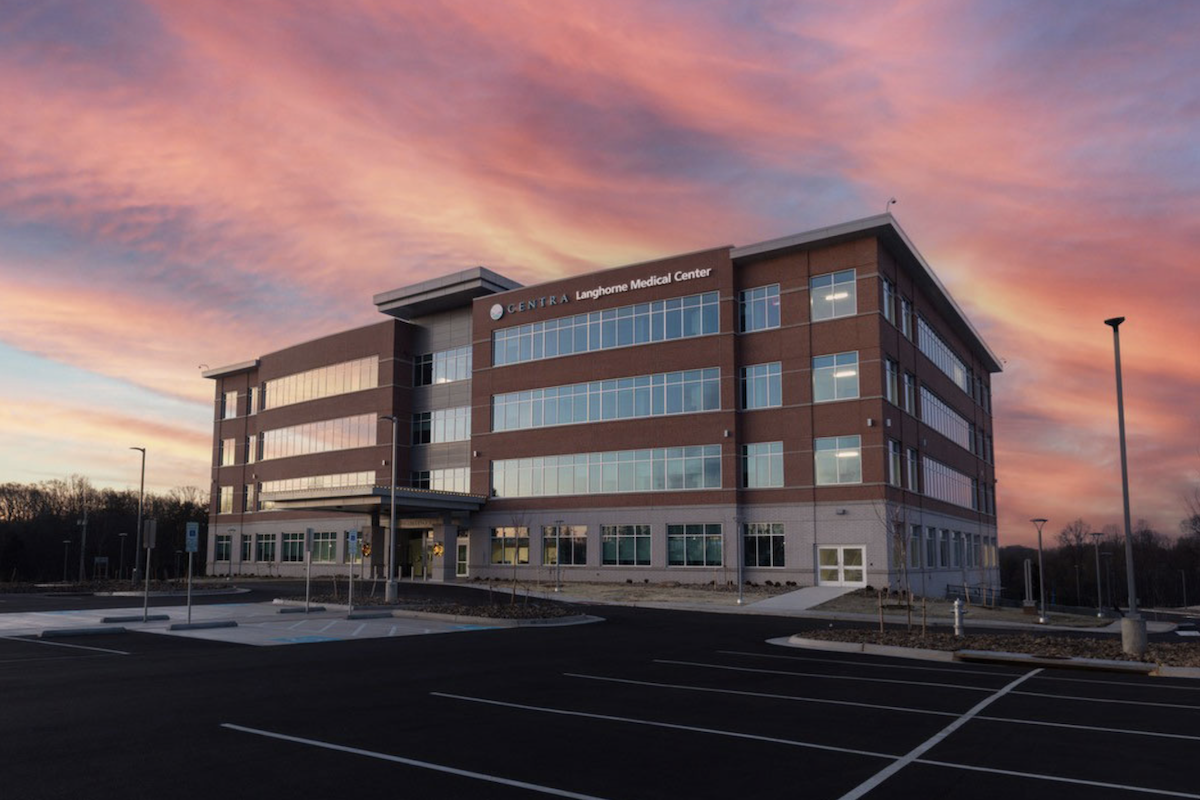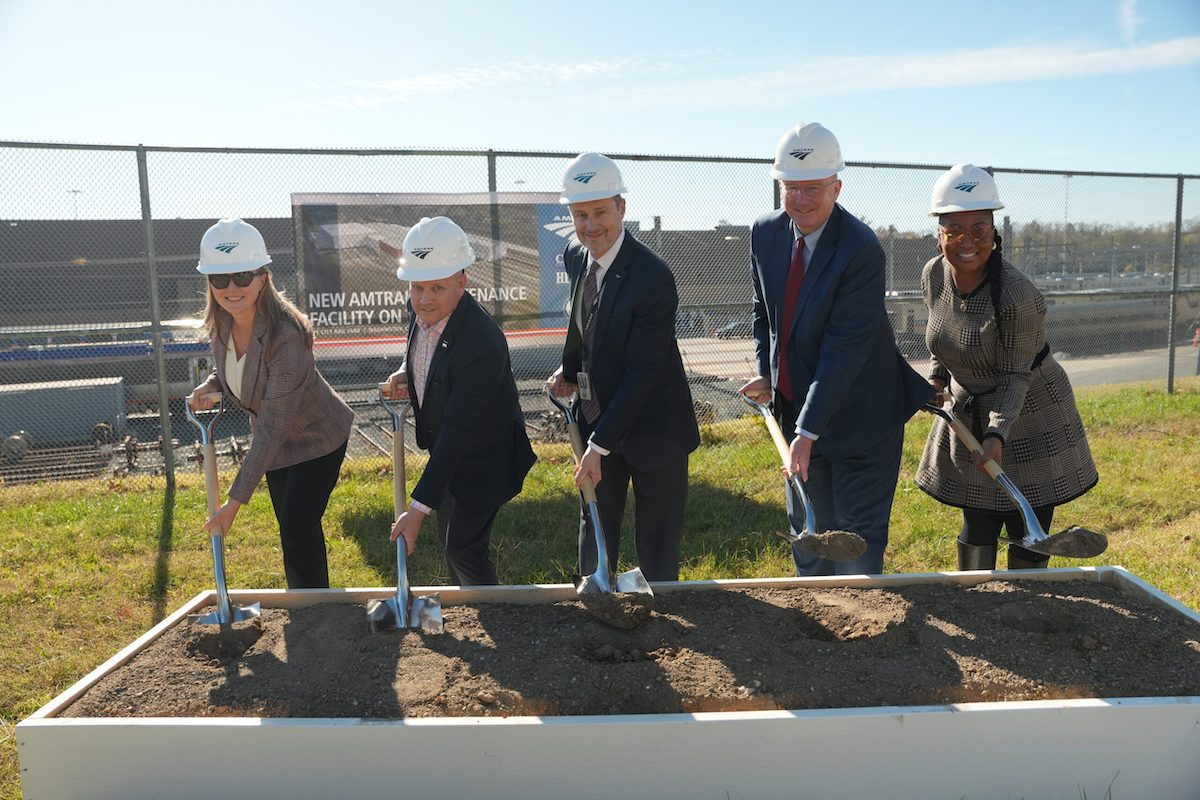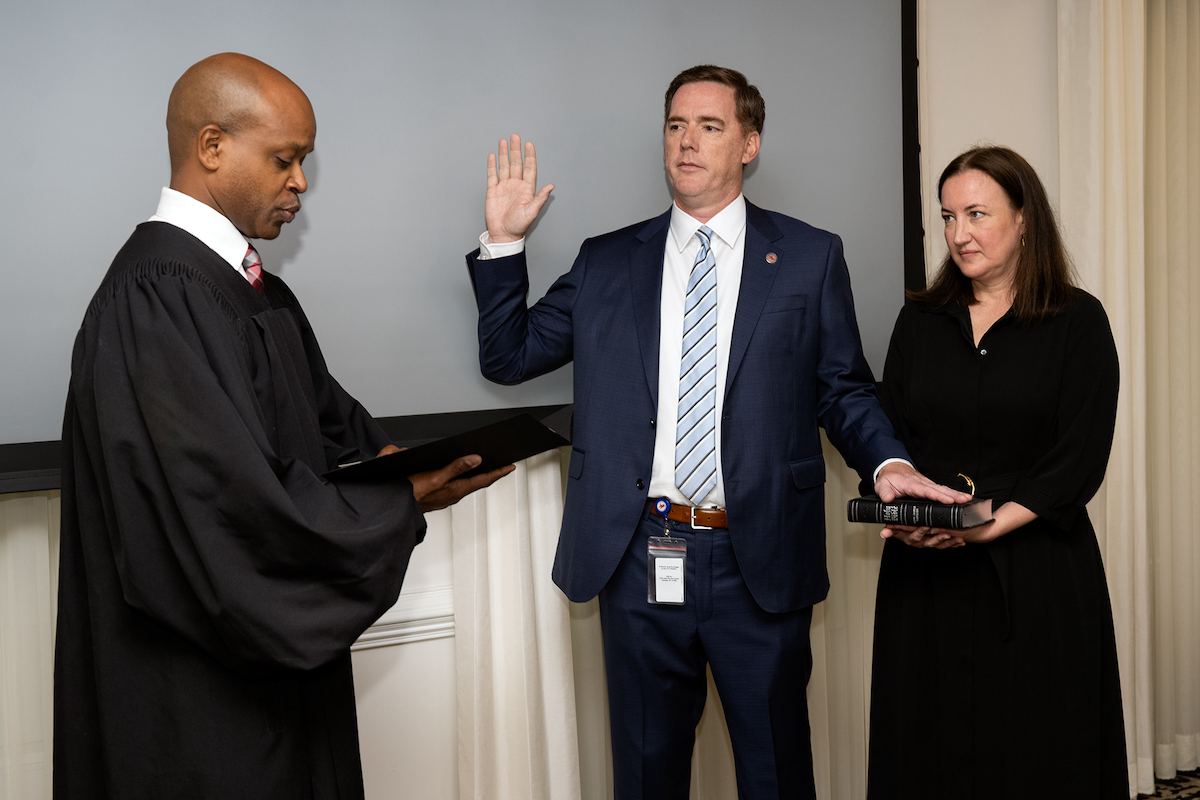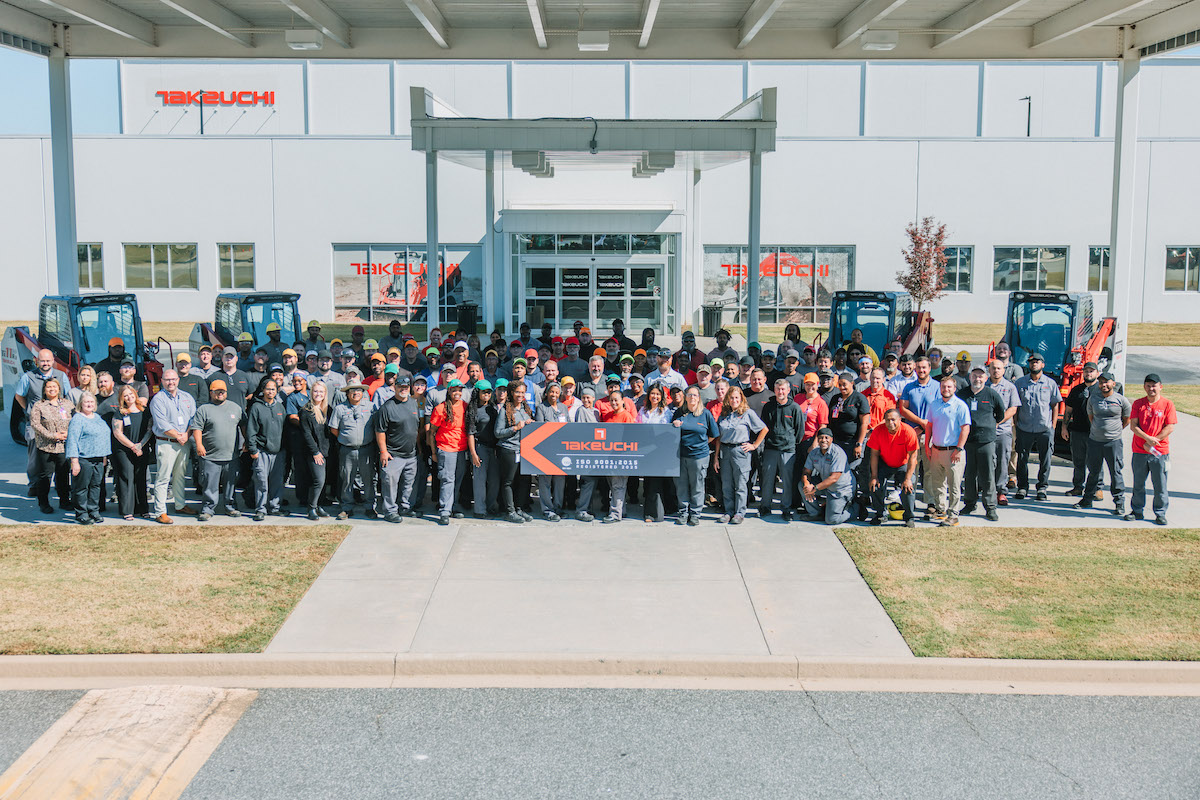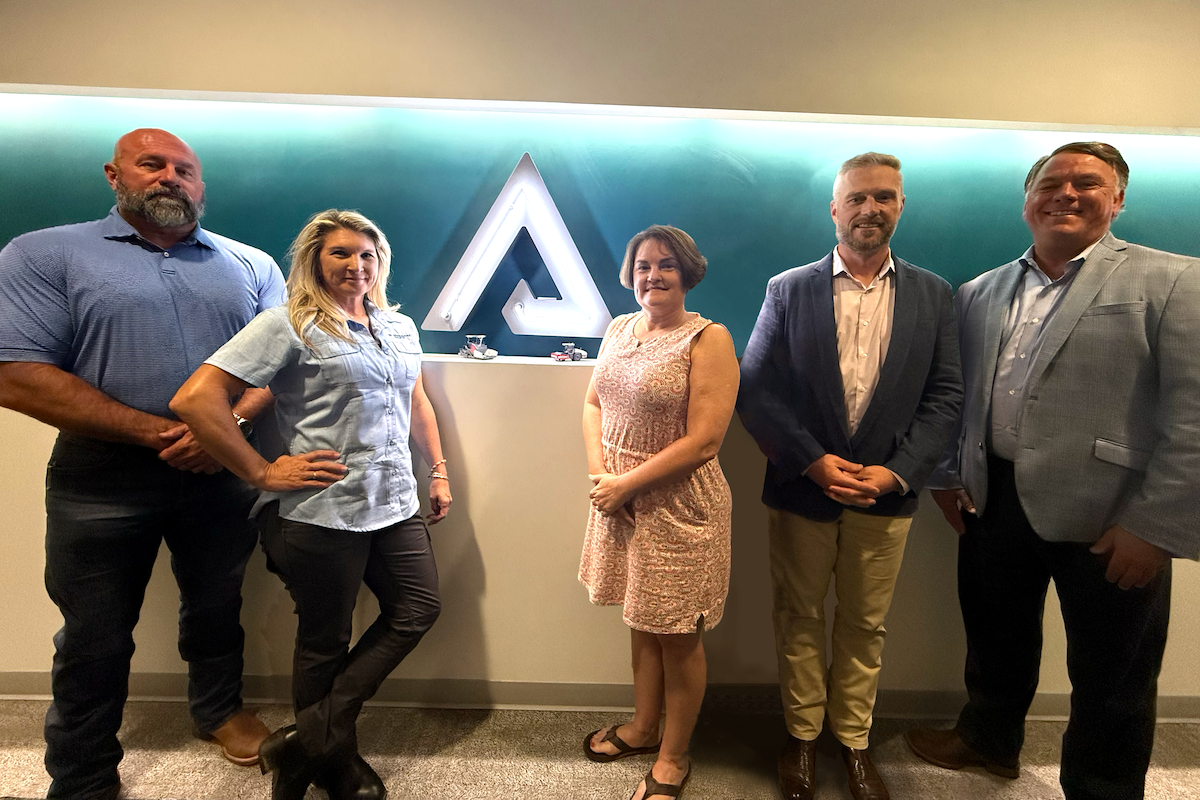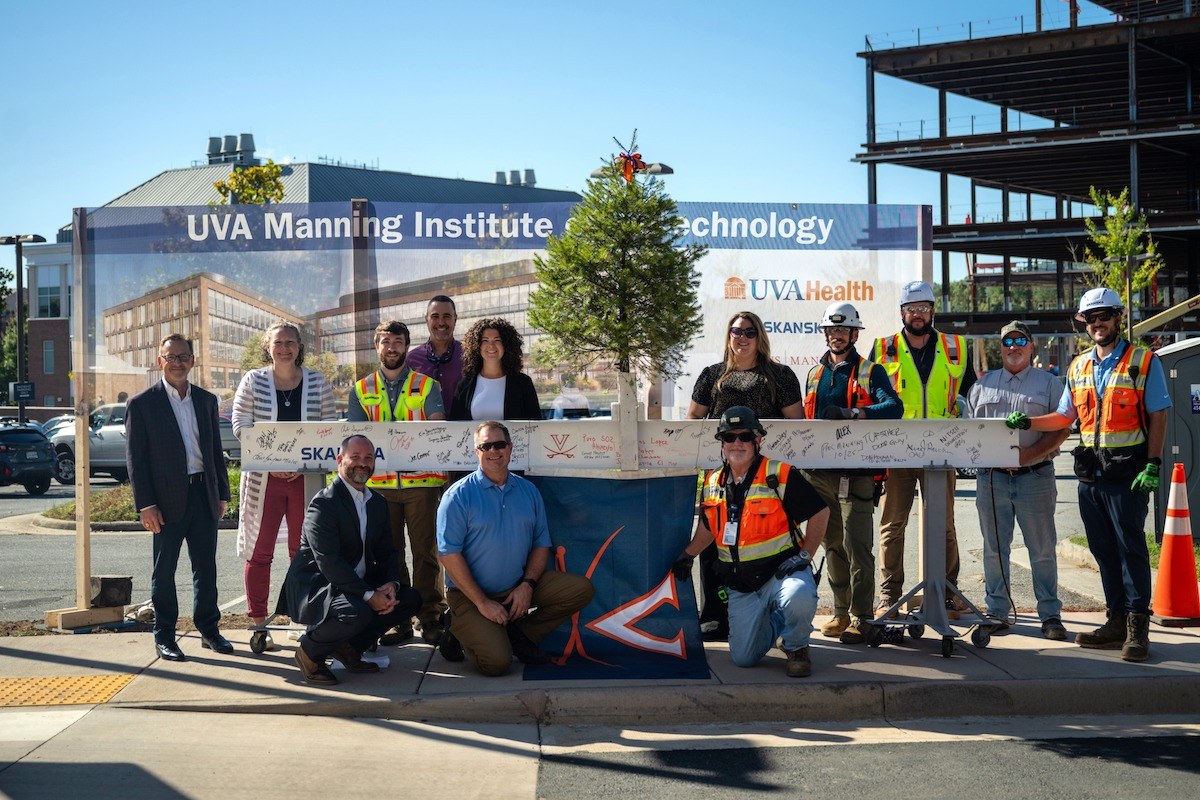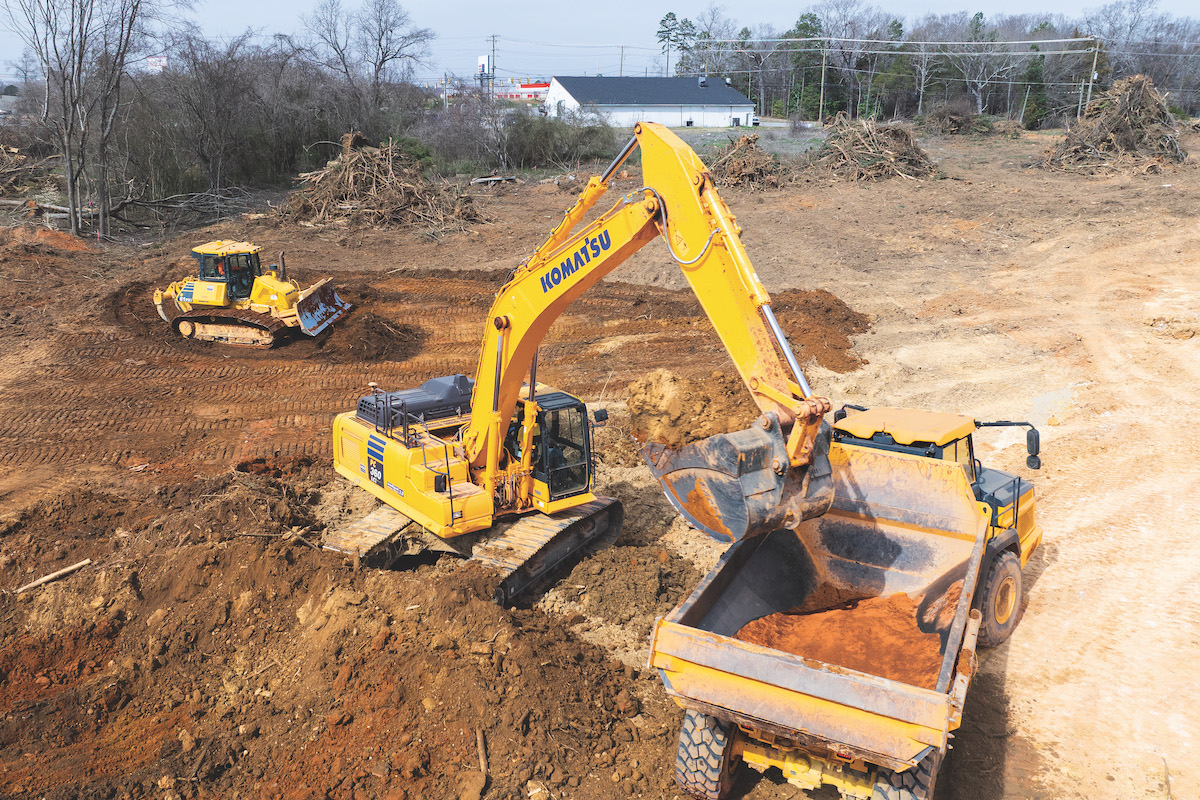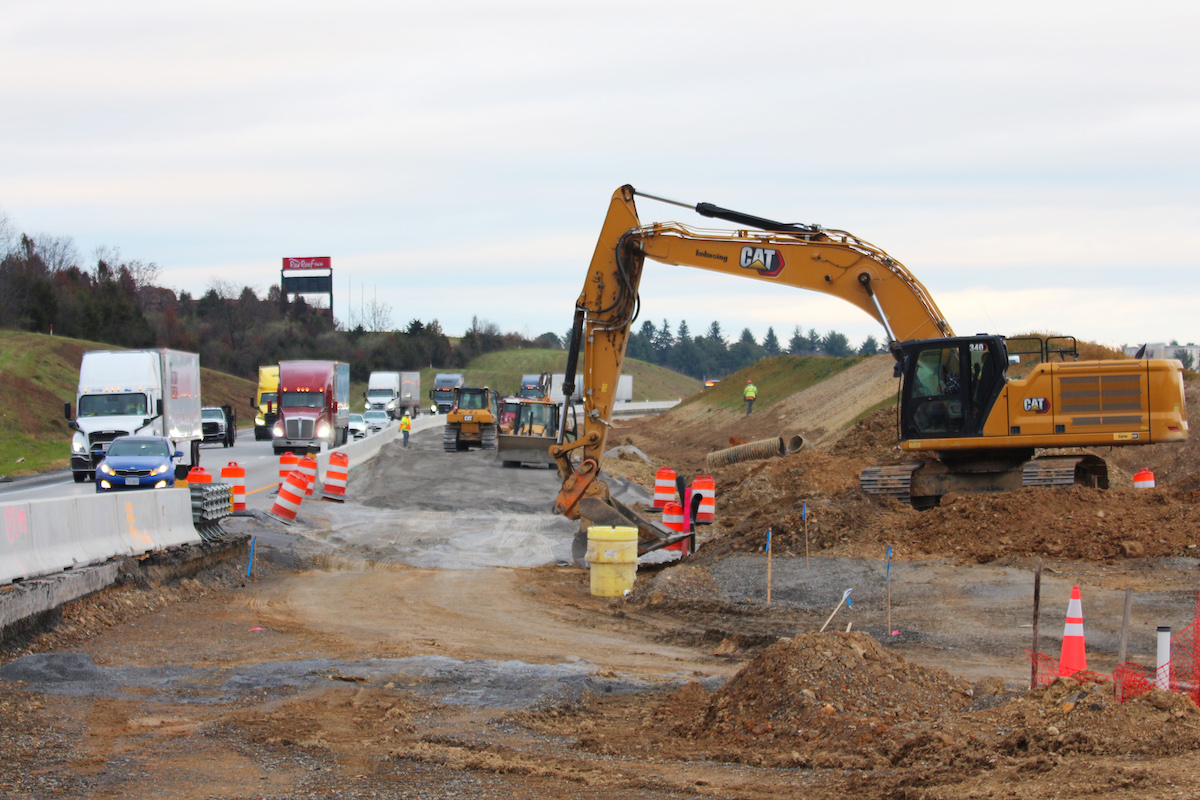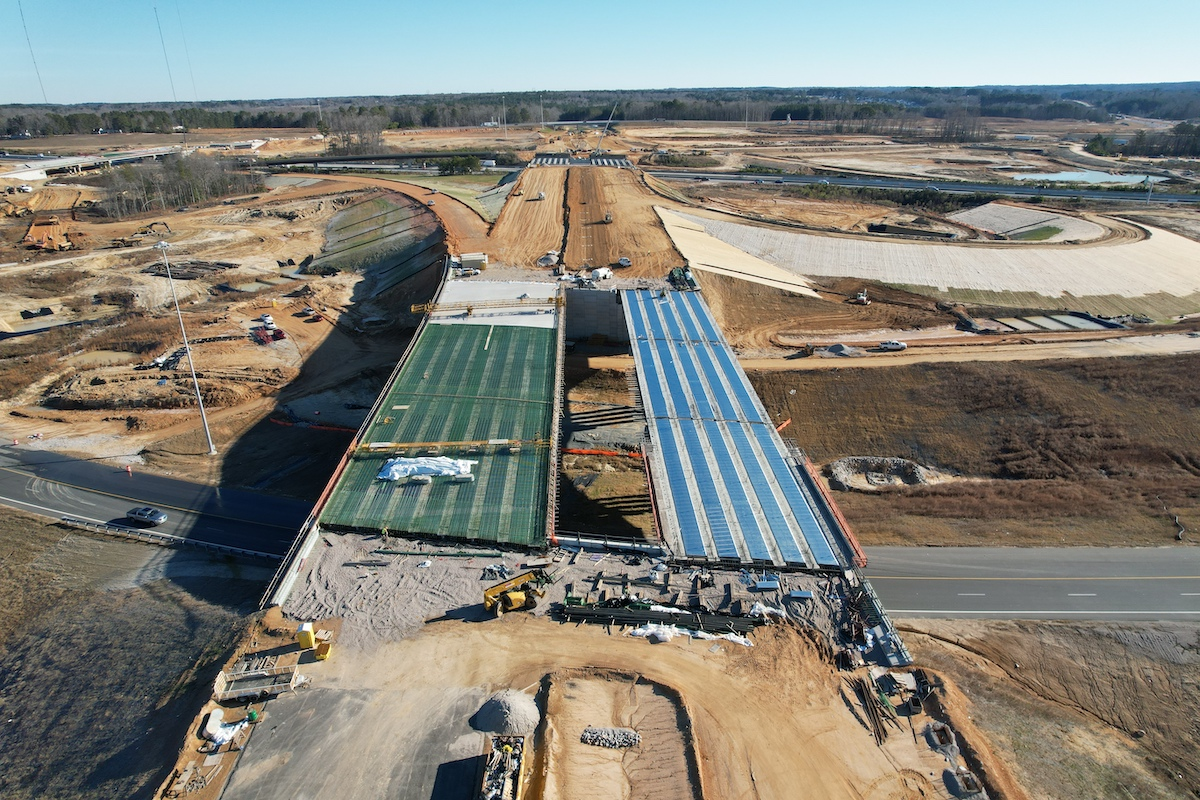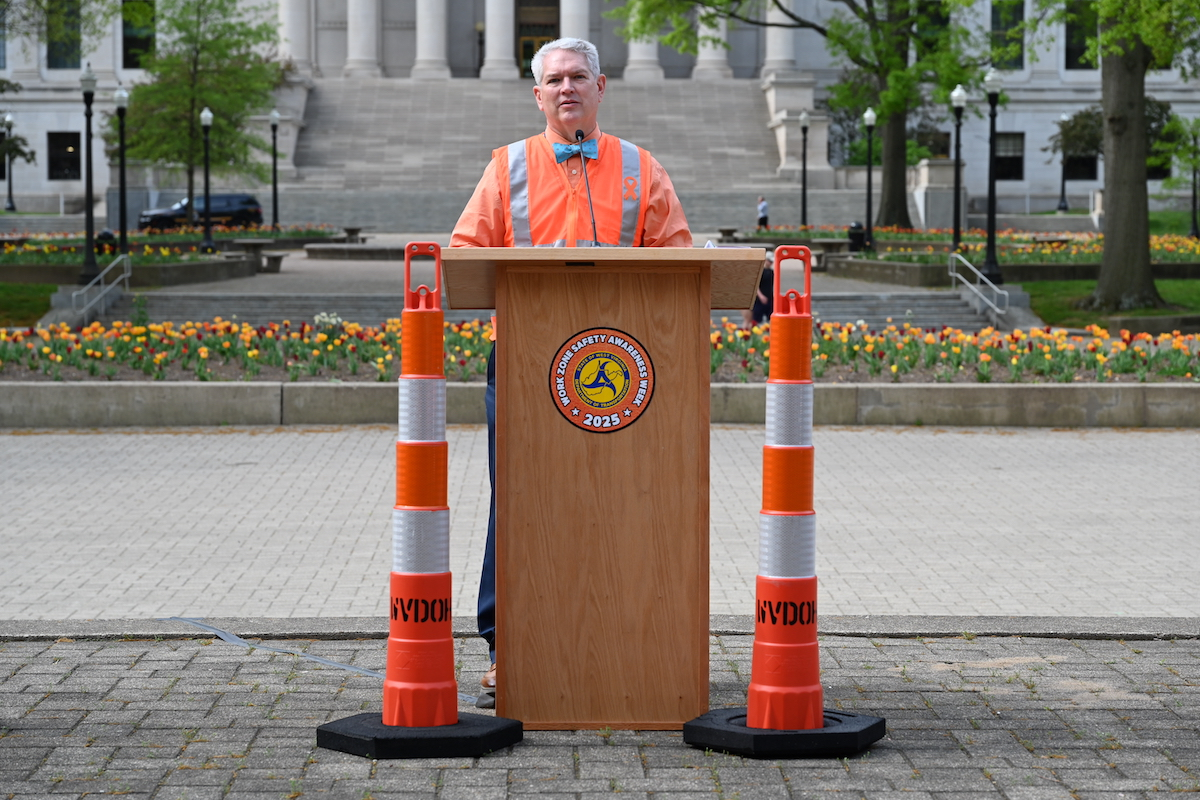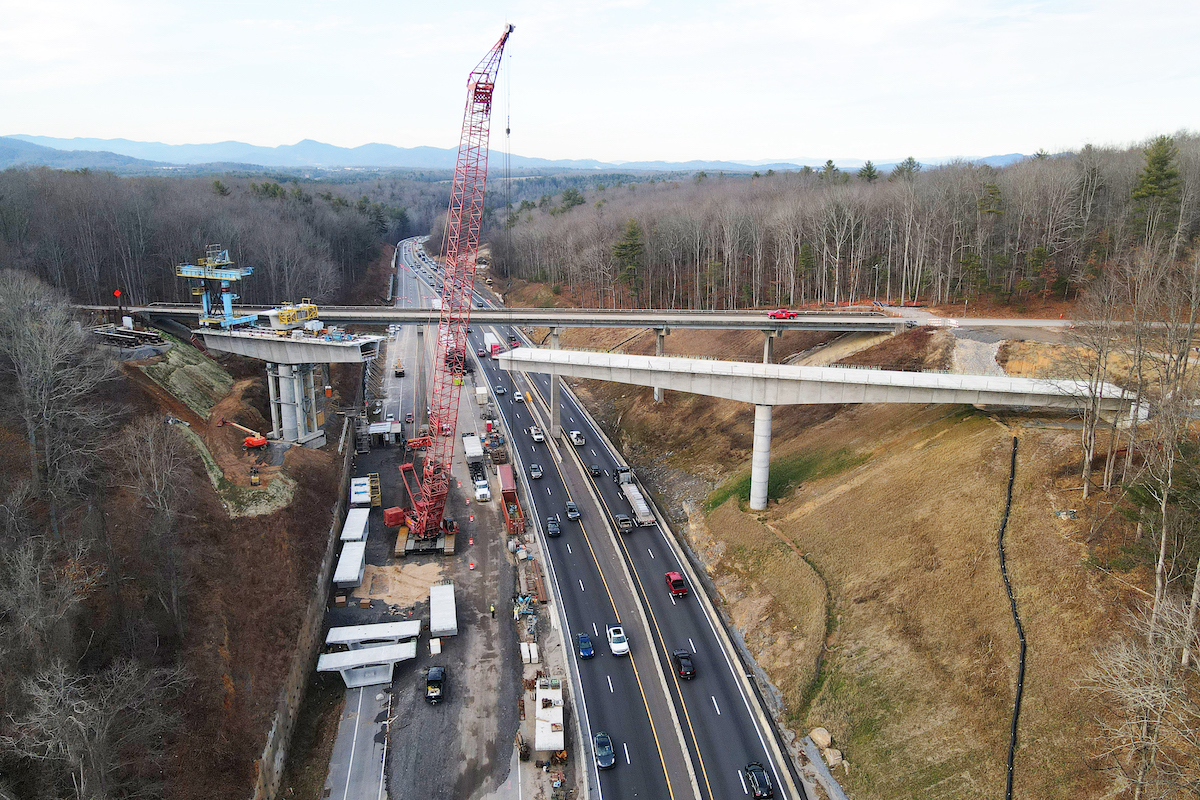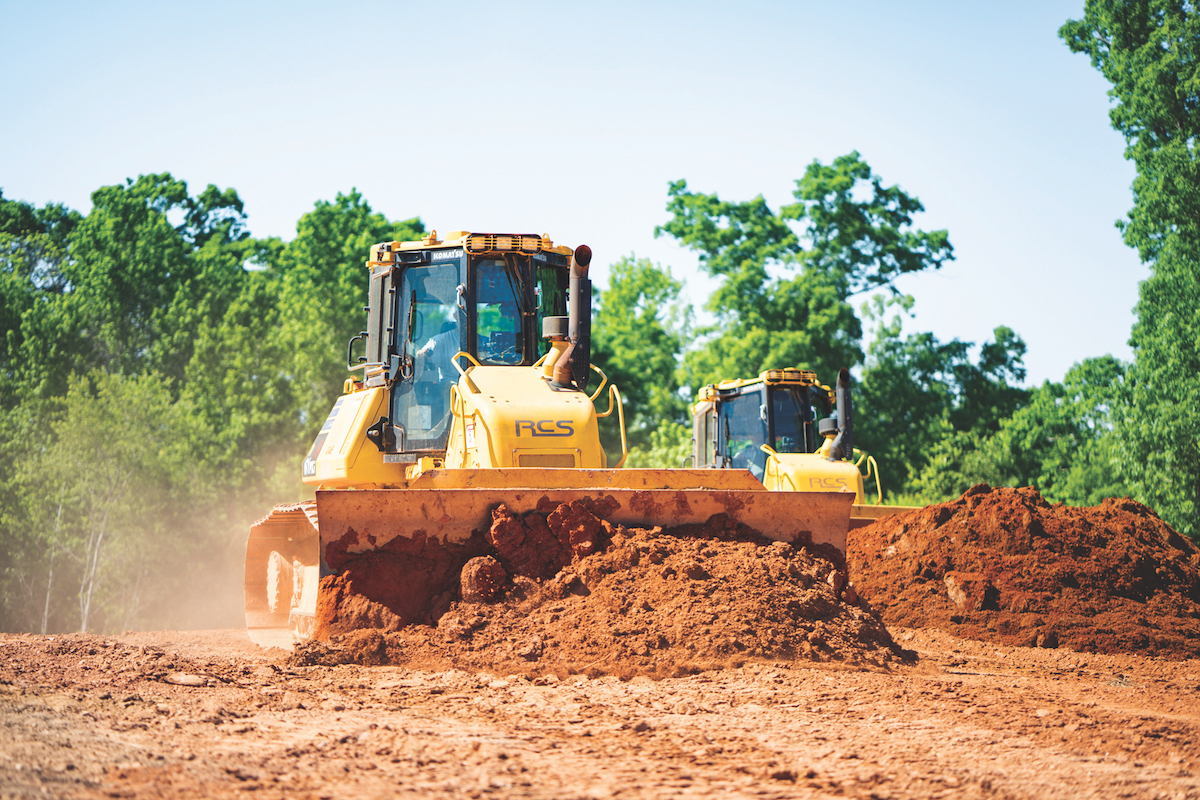“This project was driven by safety and has been in the works for many decades,” said Nicholas Heisdorf, District 5 Project Manager for Caltrans in San Luis Obispo, California.
The San Luis Obispo Council of Governments initiated the project, after a series of fatal vehicular accidents occurred on the road in 1995, raising awareness of the need for safety improvements, according to Heisdorf. In 1955, actor James Dean died in an automobile accident at the junction of the current SR 46 and SR 41.
“All the way back to the ‘50s, that interchange has increasingly gained our attention,” Heisdorf said. “The improvements to 46 have been driven by that at-grade intersection. That is the keystone.”
The first project started in 2008, and four sections have been completed. Those were Union and three Whitley sections. In total, the project extends 39 miles, from Interstate 5 to Antelope Grade, passing through both San Luis Obispo and Kern counties.

| Your local Bomag Americas dealer |
|---|
| Linder Industrial Machinery |
The east-west SR 46 carries residents of the area, tourists, recreational vehicles, and trucks to and from the Central Valley and Central Coast. About 20,000 vehicles traveled on the road daily in 2022. In fact, trucks represent 29 percent of the traffic, with 60 percent of those trucks having five or more axles, many hauling produce grown in the Central Coast and moved to the Central Valley. The corridor is part of the Strategic Highway Network, connecting military bases.
Caltrans acquired about 150-foot-wide right-of-way, which, primarily, had been used for cattle grazing. The existing road will be restored to its original state and returned to the landowners.
Caltrans opted for the new alignment due to utilities and oil lines residing in the old alignment, which would have needed relocation. The department determined the cost would be reduced and it would be a better use of taxpayer money to move the road about a quarter of a mile north rather than to relocate the oil lines and other lines, Heisdorf said.
The $124 million Cholame section extends 5 miles and includes two bridges over Cholame Creek. Construction began in spring 2022.
The $156 million Wye section is 3.7 miles long, with six structures, five bridges, one cattle crossing, and a “trumpet interchange,” which from the air looks like the musical instrument. This fly-over style interchange is used when one highway ends at another expressway. In this case, SR 41 dead ends into SR 46. The interchange will eliminate an at-grade intersection. This fly-over ramp will safely allow travelers on eastbound Route 46 to reach northbound Route 41. Construction began in spring 2023.
All of the bridges had to meet seismic requirements as the San Andreas Fault rests under the project.
The California tiger salamander and San Joaquin kit fox habitat exist at the job site. To protect the nocturnal kit fox, work must take place during daylight hours, in a region where temperatures climb into the triple digits. Crews often worked by hand to avoid disturbing the endangered animals.
California’s Interregional Transportation Improvement Program (ITIP) funded most of the projects. The SB-1 Trade Corridor Enhancement Program funds the Antelope Grade right-of-way acquisition. The ITIP will fund the approximately $90 million construction of the final leg. There has been no federal funding on the three projects.
“Funding is challenging, because we are out in a rural area,” Heisdorf said. “The money in the ITIP is shrinking, and the number of projects is growing. Competition for funding is fierce.”
“The CM/GC has resulted in a true partnership between the Caltrans, our owner, [Atkinson], and our major subs,” said Mark Polhemus, Area Manager - Central California for Atkinson. “The project teams get along great.”
Polhemus said that he focuses on finding out the facts and the root cause of any issues that come up. The team then discusses the situation and comes up with solutions. The major subcontractors are Sukut Construction of Folsom, California, for earthwork on the Cholame section, and Papich Construction of Arroyo Grande, California, for the roadway construction — including the subbase placement, asphalt paving, excavation, and earthwork — on the Wye section. Atkinson has self-performed the structures work and concrete paving.
The Cholame design was nearly complete when Atkinson was awarded the contract. However, Atkinson assisted with the design on the Wye and Antelope Grade sections, resulting in numerous innovations such as paving the Wye section with asphalt rather than the continuously reinforced concrete pavement used in the Cholame section.
“We had to come up with all the cost savings we could to get this part funded,” Heisdorf said.
Atkinson set up a portable concrete batch plant on site. The work required 75,000 cubic yards of concrete, making an onsite plant a better option than hauling concrete from 30 miles away.
The remoteness of the site presented challenges in finding a craft workforce. Atkinson brought in some people from Los Angeles and worked to develop a local craft, engineering, and project manager workforce.
Construction began with clearing the site. Crews used Caterpillar 657 Scrapers and bulldozers to grade the new highway. The Cholame section had three 100-foot cut slopes. All of the dirt removed was used on the project, but the material shrunk, necessitating the creation of a borrow site. The road was raised from 4 feet to 30 feet in sections.
On the Wye segment, Papich Construction used a conveyor system to move the dirt from one side of SR 41 to the other side, avoiding the need to truck the dirt, which saved money and time and minimized disrupting the traveling public. The team moved 1.5 million cubic yards of dirt on the Cholame section and 1.3 million cubic yards on the Wye section.
“We definitely dealt with some interesting geology issues, with stiff clay,” Polhemus said, explaining that heavy rains affected progress. “The stiff clay swelled up at times, trapping the water within the soil, making it very challenging to effectively process the subgrade.”
The rain also posed challenges to the bridge construction. Several seasonal creeks cross SR 46. All of the bridge work took place from land. Bridge work was restricted to between October and May. For the 200-foot-long Cholame bridges, over a creek, Atkinson drove piles with reinforced cages and filled them with cast-in-place concrete. The structures feature cast-in-place reinforced concrete box girders.
In the Wye segment, two bridges span Cholame Creek and Cholame Valley Road. Another two bridges span the Cholame Creek Overflow area. The Cholame Creek bridges are 465 feet long, and the Cholame Creek Overflow bridges are 160 feet long. The separation is 270 feet long.
Crews installed box culverts and large pipes to handle drainage for the new alignment and offer animals a safe way to cross the highway.
“They do double duty, also serving as wildlife crossings,” Heisdorf said.
Caltrans uses drones for grade verification and quantities. Atkinson’s heavy equipment features automated machine guidance for greater efficiency. The contractor also flies drones weekly to measure quantities. In addition, Atkinson switched to satellite internet because consistent traditional cellular service did not exist.
The project serves as a Caltrans “pilot site” for a new document management system, called ProDMS, which also has a mobile app. Inspectors file daily reports and inspections that automatically flow into the database.
Due to the project being on a new alignment, traffic management has not been a serious issue, except during crossovers. The staging plan called for building the new westbound lanes while traffic continued on the existing road. Then once construction of the westbound lanes completed, the team switched the traffic to the new westbound lanes, one lane in each direction, while work proceeded on the future eastbound lanes. Crews recycled concrete from the existing road to use as Class 1 subbase for building the eastbound lanes.
The Cholame section should wrap up later this year, and the Wye section in 2026, with the Antelope Grade section scheduled to start construction in the spring of 2027. When that last section completes, the SR 46 Corridor Improvements will provide a four-lane expressway from I-5 to U.S. Route 101.

























